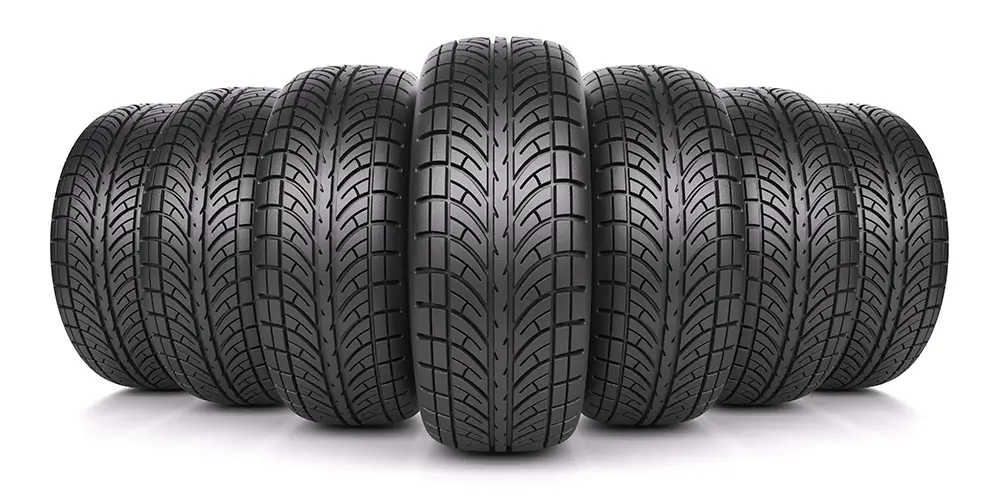Material Guide: Ethylene Propylene Diene Rubber
Our Guide To EPDM – Ethylene Propylene Diene Rubber
Ethylene Propylene Diene Rubber (EPDM) is a copolymer manufactured from ethylene, propylene, and a small number of diene monomers. A small number of diene monomers form unsaturated groups pendant from the main saturated chain. These diene monomers provide cross-linking sites that allow EPDM to be vulcanised.
What Are The Advantages Of EPDM?
EPDM rubber has excellent heat, ozone and chemical resistance properties. In addition to this, EPDM also has good physical properties and is resistant to polar fluids.
EPDM also has excellent resistance to low temperatures. Low-temperature properties require the polymer to be amorphous and low on ethylene. Good electrical properties require high ethylene to facilitate high doses of inert mineral fillers to give good electrical resistance.

What Are The Disadvantages Of EPDM?
EPDM is not suitable for exposure to petroleum-based fluids and di-ester lubricants.
What Are The Typical Applications Of EPDM?
Some of the typical applications where EPDM can be used include:
- Accumulator Bladders
- Cable Connectors
- Insulators
- Diaphragms
- Gaskets
- Hoses
- Seals
In addition, EPDM is available in Potable Water (WRAS) grades and a variety of ‘Food Quality’ mixes that are used in the food industry.
What Temperatures Can EPDM Operate Under?
The typical working temperature range of Ethylene Propylene Diene Rubber is -45°C to +125°C. Peroxide cured EPDM can withstand excursions of 150°C during service life.
Looking for more detailed information on the different types of rubbers and polymers we work with? Then check out our material guides where you can find FAQ’s and more guides like this one detailing all you need to know. If you are looking for rubber or polymer products get in touch with DLR Elastomer today via our contact page or via LinkedIn and we can chat over your requirements.
Any questions? Get in touch
Since 1895 DLR has been combining expansive knowledge of materials, their properties, and processing techniques to develop bespoke mouldings and fabrications for many industry sectors. Our core services include moulding rubber, rubber sheeting, Petroseals, and cast polyurethane products. If you have any questions about our products, our process or the materials we use get in touch today!


